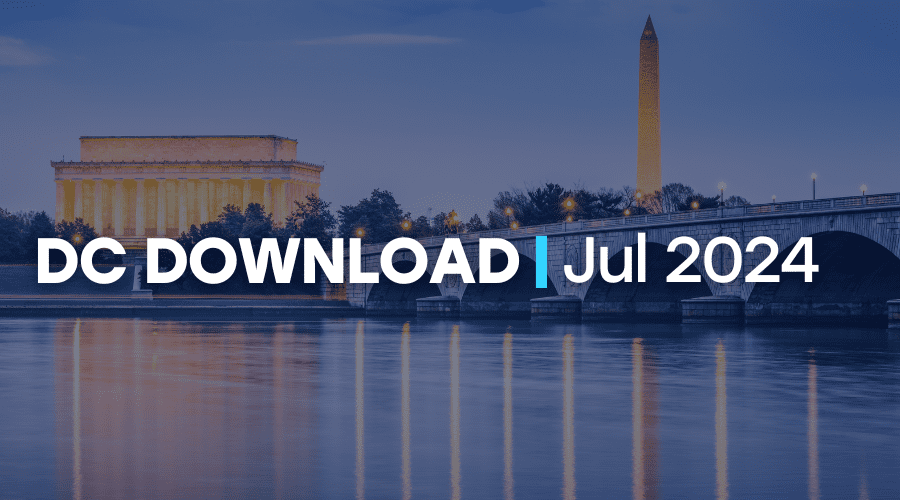Do we have a shared humanity? The answer seems obvious. Your natural inclination is to think, of course, we have shared humanity. But if we did, would we have systemic racism in this country that has endured for generations? Would we have a completely uneven way of handling a deadly virus?
Now, more than any other time that I can remember, it is clear that we all share one humanity. And when some of us suffer, the community as a whole suffers.
Over the last several months, I’ve been honored to have met several women who have won the Nobel for their work for peace, justice, and equality around the world. We are featuring some of the women Nobel Peace laureates in a series as part of our Upswell Pop-Ups. Last month, I interviewed Jody Williams, a life-long advocate of freedom, self-determination, and human and civil rights who was awarded the Nobel Peace Prize in 1997 for her groundbreaking work to ban landmines. In July, I will interview Leymah Gbowee, a Liberian peace activist, social worker, and women’s rights advocate who won the Nobel Peace Prize in 2011 for her role in bringing together Christian and Muslim women in a critical partnership that helped end Liberia’s second civil war. What strikes me about them as I’ve read their work and prepared for their interviews is that they both arrived at the truth about our shared humanity. This is extraordinary enough, but they went further. This truth compelled them to action that led to societal transformation.
These amazing women have made it crystal clear that it is our role and our duty to care for human life as the goal of life, rather than as a means to some other goal, such as political power, aggregation of wealth, or dominance over other human beings. Their lives are powerful examples of a simple but difficult truth to accept: each life in our human community matters and when one life is diminished, all our lives are diminished.
In Leymah’s story, what deeply impressed me is how she used collective action to unleash collective healing among women of different faiths. In one of the most powerful examples of tapping into our shared humanity, Leymah and her colleagues transformed collective suffering into a movement of collective healing that then naturally turned to demanding the collective flourishing for their nation. She did the hard work by building trust among women of different religions, from urban and rural communities, and across generations in order to build new relationships that forged a force that came together for a new common purpose.
I see that today in the protests, and even in the way some state officials are organizing their people around a certain set of rules around COVID-19. No one wants to be inside for the summer. No one wants to wear a mask. But we do it for each other. We do it because we recognized our inextricable links to each other’s humanity. And when we don’t see that link, we have to stop and recognize the damage we are doing to ourselves and our community in the process.
If nothing else, I hope Independent Sector’s programming, strategies, and mission help redefine for all of us what is means to care for each other in our private action for public good. Whether it is telling your members of Congress to support healthy elections or participating in one of our virtual events to understand how trust is currency for the work we do. It may not seem like much in the grand scheme of things, but I hope we begin to understand the connection to our shared humanity, the strength of our civil society, and make a commitment to make sense of all the pain and turmoil and do something about it.
Thanks for being on this journey with us.



